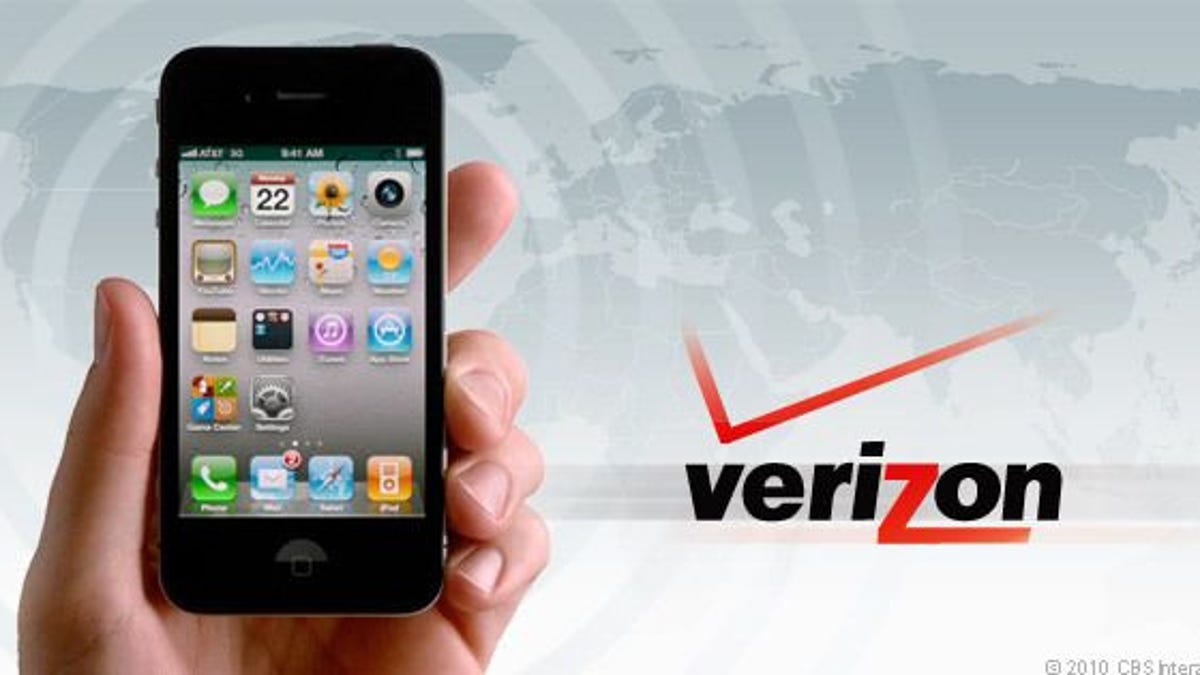Verizon sells 2.7M iPhones, 2.9M Droids in Q2
Sales of the iPhone may be slowing as some consumers hold off in advance of an expected iPhone 5 unveiling, but they're still huge at Big Red.

The iPhone's momentum continues at Verizon Wireless, but isn't as strong as Droid.
The carrier sold 2.7 million iPhones, according to Chief Financial Officer Fran Shammo, who spoke during the company's quarterly investor conference call today. That's up from 2.3 million a year ago, but down from 3.2 million in the first quarter, as consumers are likely beginning to hold back in anticipation of the next-generation version.
Verizon also sold 2.9 million Droid handsets -- 2.5 million of which were 4G LTE devices. In total, it sold 5.9 smartphones.
As at other carriers, the iPhone has been the lynch pin of Verizon's strategy of getting more of its subscribers to upgrade from a basic phone to a smartphone -- as well as the pricier data plan that comes with it. While its momentum has faded a bit, the iPhone remains a consistently top-selling phone, showing resilience that's unusual in the industry.
Verizon sells the
The iPhone continues to be a double-edged sword for the carriers. Higher sales means improved customer growth and stability, but also higher costs in the form of subsidies paid to Apple. Still, with virtually every carrier offering the iPhone, it's become less of an edge and more of a must-have to stay in the game.
And the iPhone continues to contribute to growth. A quarter of Verizon's iPhone sales were new to the carrier, while 20 percent of its 4G LTE sales were new to the carrier. More than 40 percent of the customers upgrading their device bought a smartphone for the first time.
Sales have slowed as many expect a new redesigned iPhone to show up in the fall. It's widely expected to have a bigger display and the ability to tap into Verizon's 4G LTE network, offering a faster data connection.
The strength of Droid sales underscore the investment Verizon has made in the franchise over the past few years. Droid isn't a brand for a single phone -- its shared by companies such as Google's Motorola Mobility and HTC.
Nearly three-quarters of Verizon's retail contract sales were smartphones, up from 60 percent a year ago.

